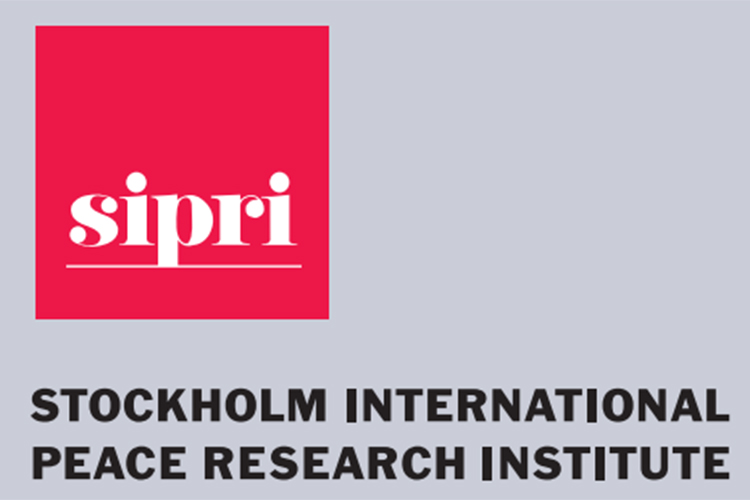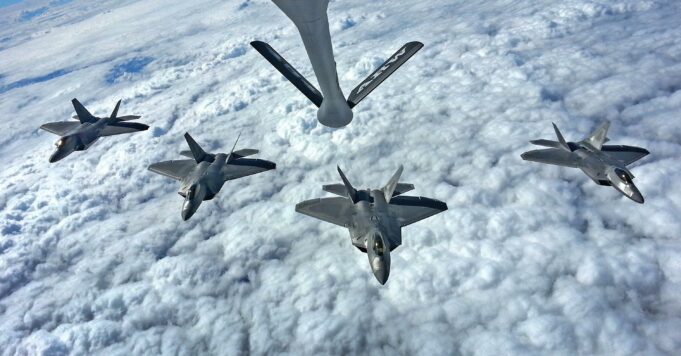In a move they say will save $1 trillion over five years “to fight planetary emergencies” like “pandemics, climate change, and extreme poverty,” a group of over 50 Nobel laureates have published an open letter calling on countries to generate a “global peace dividend” by reducing their military spending by two percent.
“World military spending has doubled since 2000. It is approaching two trillion U.S. dollars per year, and is increasing in all regions of the world,” the letter—which is being coordinated by physicists Carlo Rovelli and Matteo Smerlak states.
“Individual governments are under pressure to increase military spending because others do so,” the signers continue. “The feedback mechanism sustains a spiraling arms race—a colossal waste of resources that could be used far more wisely.”
The letter’s signatories include mostly Nobel science and medicine laureates, as well as a handful of winners in the peace, economics, and literature categories. The heads of several national academies also signed, and Tibetan spiritual leader and Nobel Peace Prize winner, the Dalai Lama, expressed his “appreciation and support” for the initiative.
“Past arms races have often had the same outcome: deadly and destructive conflicts,” the signers note. “We have a simple proposal for humankind: The governments of all UN member-states should negotiate a joint reduction of their military expenditure by two percent every year for five years.”

“We propose that half of the resources freed up by this agreement are allocated to a global fund, under UN supervision, to address humanity’s grave common problems: pandemics, climate change, and extreme poverty.”
“The other half remains at the disposal of individual governments,” the signers explain. “All countries will therefore have significant new resources. Some of these can be used to redirect the strong research capacities of military industries towards urgently needed peaceful applications.”
“History shows that agreements to limit the proliferation of weapons are achievable: thanks to the SALT and START [Strategic Arms Limitation Talks and Strategic Arms Reduction] treaties, the United States and the Soviet Union have reduced their nuclear arsenals by 90 percent since the 1980s,” the letter states—its only reference to specific countries.
With a military budget of $778 billion, the United States spends more annually on its armed forces than the next 11 nations combined, according to the Stockholm International Peace Research Institute. The U.S. is followed by China ($252 billion), India ($72.9 billion), Russia ($61.7 billion), and the United Kingdom ($59.2 billion)—all of which increased their military spending in 2020.
“Such negotiations can succeed because they are rational: each actor benefits from its adversaries’ armaments reduction, and so does humanity as a whole,” the letter’s signatories assert. “Humankind faces risks that can only be averted through cooperation. Let us cooperate, instead of fighting among ourselves.”
—Brett Wilkins, CommonDreams.org













